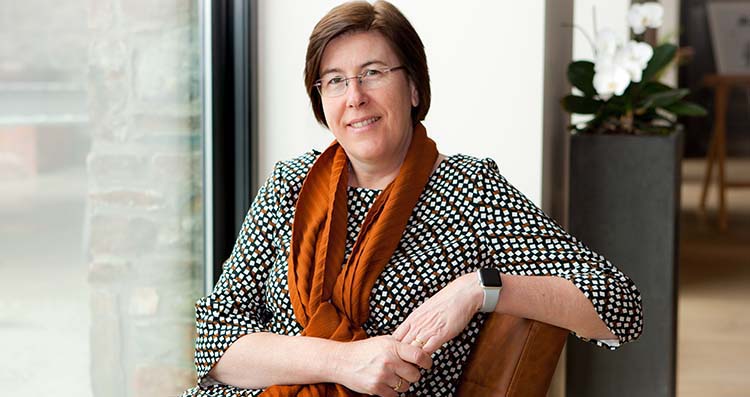Opinion – ‘Occupational hazards don’t discriminate on the basis of employment status’
The protection of physical and mental well-being should be a basic right for everyone who works regardless of their employment status. According to Mensura’s Managing Director Gretel Schrijvers, prevention is not a social cost, it’s an investment.
We believe that access to prevention and well-being at work services for every worker is normal and crucial. The necessity is easily illustrated by glancing through newspapers or news sites: burnout, sexual harassment, new risks from hybrid work, serious workplace accidents, etc. But shouldn’t this necessary protection apply to everyone at work regardless of their employment status?
In other words: is it still defensible that people who are self-employed or have a special status, such as platform workers (e.g. Uber or Deliveroo employees) cannot automatically count on this? Occupational hazards do not vanish simply because you are self-employed or employed in the 24/7 e-commerce economy.
This discrepancy was painfully evident during the peak of the pandemic. Many care providers suffered from an excessive workload. Those registered as employees were entitled to psychological support, but self-employed doctors or physiotherapists with their own practice were not. Nonetheless, they were exposed to exactly the same risks.

The bottom line is that the law on well-being at work should be more aligned with the realities of the workplace. Employers are obliged to join an external service for prevention and protection at work as soon as they hire one employee. This means that each employee can consult occupational physicians and prevention advisers. You cannot subject the self-employed to the same requirement, but they should be able to access the same services at hourly rates.
Can’t they go to the doctor? Of course. But prevention experts specialise solely on risks associated with the workplace. An occupational physician’s area of expertise is the relationship between working conditions and physical or mental health. Family doctors take more of a general view of health and mental well-being and are less focused on the connection with working conditions. That’s normal. They aren’t trained for that.
Occupational physicians today have a very busy workload, but that should not be an argument for postponing this broader application of the welfare act. Engage occupational physicians where they can add value by fulfilling their job intelligently. Let them use their expertise, while occupational health nurses can perform the more routine tasks qualitatively. So, an official and recognised course for occupational nursing is certainly in the interest of the entire working population.